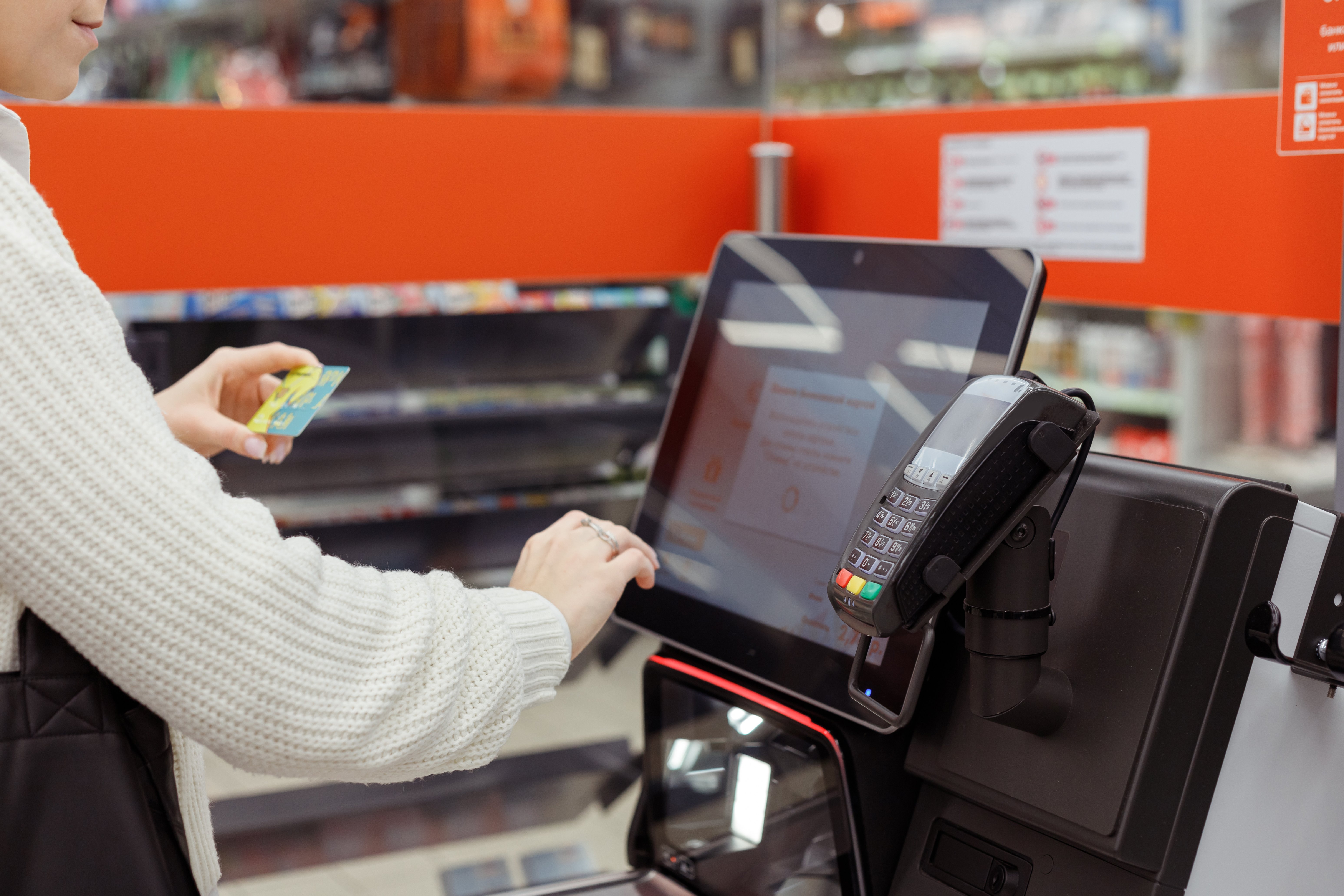In the rapidly evolving landscape of retail, one topic that often sparks debate is the impact of self-checkout systems on job security. Critics argue that self-checkout technology leads to job losses, while proponents highlight its benefits in enhancing efficiency and customer experience. In this blog post, we'll delve into the facts and debunk the myths surrounding self-checkout and job security.
Efficiency and Customer Service
Self-checkout systems are designed to streamline the checkout process, allowing customers to complete their purchases quickly and conveniently. This efficiency not only reduces wait times but also contributes to a better overall customer experience. By implementing self-checkout, businesses can attract more customers and ultimately drive growth.

Job Reallocation
Contrary to popular belief, self-checkout doesn't result in job losses. Instead, it often leads to job reallocation within the retail environment. Employees who previously worked as cashiers can be redeployed to other areas such as customer service, restocking, or focusing on higher-value tasks that enhance the shopping experience. This shift in roles can improve employee satisfaction and contribute to a more dynamic workforce.
Adaptation to Changing Needs
The retail industry is constantly evolving, with technology playing a crucial role in meeting changing consumer preferences. Implementing self-checkout is a strategic move for businesses to adapt and remain competitive. It addresses the growing demand for convenience and efficiency while creating opportunities for innovation and growth.

Training and Upskilling
Introducing self-checkout systems requires training for employees to operate and maintain the technology. This presents an opportunity for workers to learn new skills and technologies, enhancing their employability and advancing their careers within the company. Upskilling employees not only benefits the individuals but also strengthens the overall workforce.
Enhanced Employee Experience
With self-checkout handling routine transactions, employees can focus more on providing personalized service, engaging with customers, and addressing their specific needs. This shift in focus leads to a more fulfilling and rewarding work environment for employees, ultimately improving retention rates and job satisfaction.
Market Demand and Expectations
Customers today expect convenience and efficiency in their shopping experiences. Self-checkout options have become a standard expectation in many retail environments. Meeting these expectations not only attracts more customers but also drives business growth, creating opportunities for job creation and expansion in other areas of the company.

In conclusion, self-checkout technology can coexist harmoniously with job opportunities within the retail sector. By embracing innovation, businesses can enhance efficiency, improve customer service, and create a more dynamic and rewarding work environment for employees. It's time to debunk the myths and recognize the positive impact of self-checkout on the retail industry.

.jpeg)
Comments